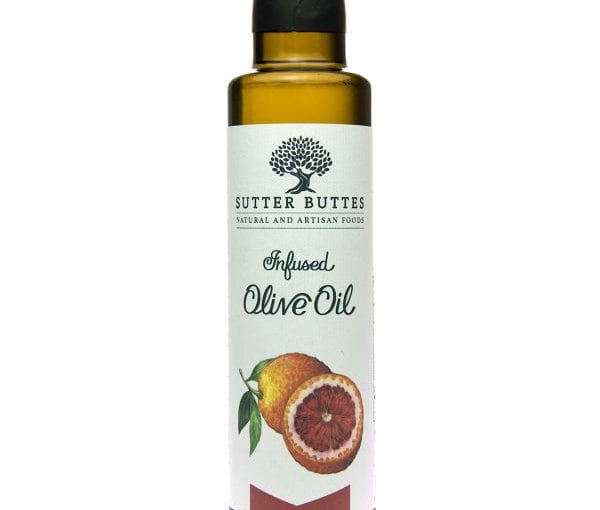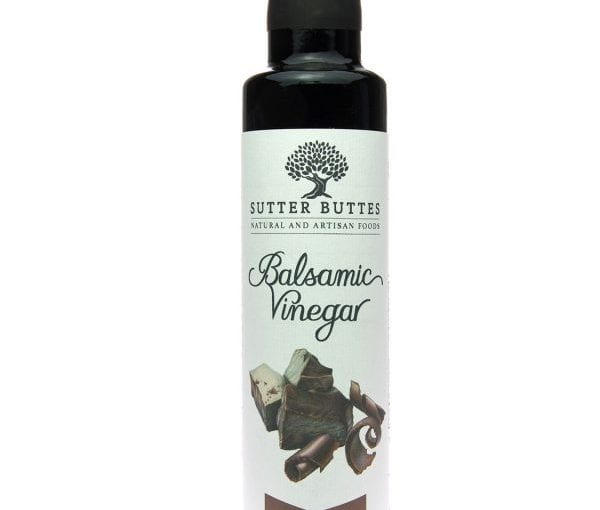For sweeter vinaigrettes, combine Blood Orange Olive Oil with any of our fruit-based balsamic vinegars. During the winter, spring, summer, and fall, try it with pomegranate, blueberry, raspberry, and fig. To make the dressing, just blend 2 to 3 parts Blood Orange Olive Oil with 1 part of your preferred balsamic vinegar, season with salt and pepper, and toss with delicate greens. For a stunning salad, combine fresh seasonal fruit or berries with almonds and cheese.
We recommend one of our white balsamic vinegars, such as Cranberry Pear, Sicilian Lemon, or Grapefruit, if you’re searching for something a little less sweet. This oil is great for both savoury and sweet dishes, so baking with it is just as beneficial as cooking with it.
How long does Blood Orange Olive Oil last?
In a sealed bottle, premium extra virgin olive oil can last for up to two years. Opening the bottle accelerates the oxidation process, hastening the oil’s degradation. Use your oil as soon as possible after opening it, ideally within 3 to 6 months. Olive oil can oxidise and turn rancid when it is exposed to oxygen, light, and heat. Optimal storage can stop this. Make sure to store your oil in a closed, dark bottle that is not near any heat sources, such as your stove, in a cupboard. There is no need for refrigeration. One of our favourite oils to use in baking is blood orange olive oil (find out more about using olive oil in baking here!). Pancakes, waffles, french toast, quick breads, muffins, yeast breads, and rolls can all be made without the addition of butter. One of our go-to culinary tricks is to replace the oil in a box of rich chocolate brownie mix with blood orange olive oil.

